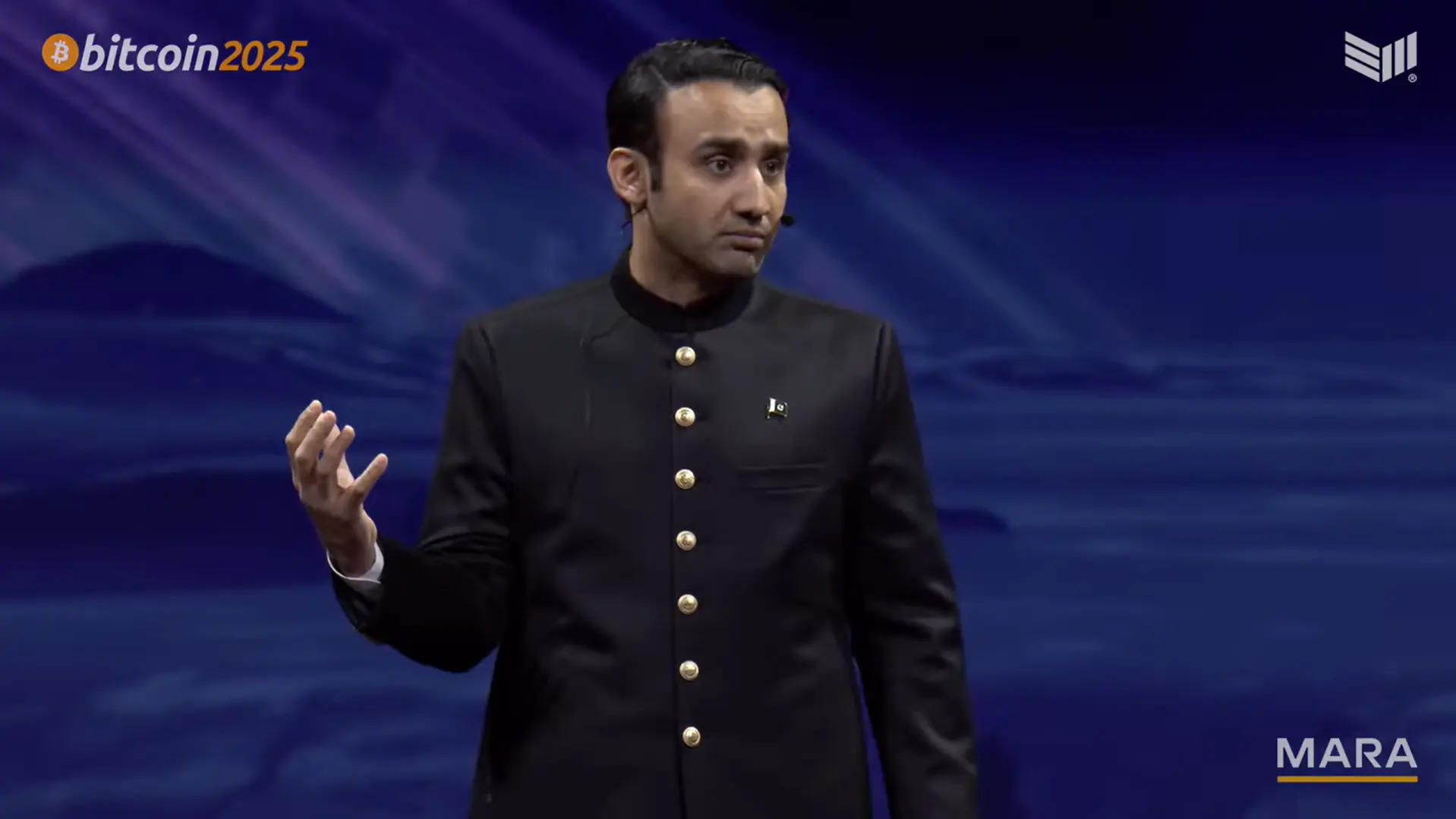Pakistan Plans to Launch Bitcoin Strategic Reserve Using Seized Assets

Pakistan is charting a new course in its crypto policy, announcing an ambitious plan to establish a national Bitcoin strategic reserve without tapping into public funds. The initiative, spearheaded by the country’s newly formed crypto council, marks a significant departure from Pakistan’s earlier stance, which included a blanket ban on crypto activities. By leveraging confiscated Bitcoin and strategic partnerships, the government aims to position itself as a forward thinking player in the global digital economy.
The plan was first unveiled by Bilal bin Saqib, head of Pakistan’s crypto council, during a speech at the Bitcoin Conference in Las Vegas. In a subsequent appearance on local television, Saqib elaborated that the strategic reserve would be built exclusively using Bitcoin seized from criminal activities, mirroring strategies employed by nations like the United States and Russia. He emphasized that no taxpayer money or state reserves would be used to acquire the cryptocurrency.
“We will make use of Bitcoins already seized in Pakistan by placing them into a National Bitcoin Wallet,” Saqib explained, adding that profits from future mining operations under a public-private partnership would also be stored in this wallet. This approach reflects a growing global trend, where governments adopt Bitcoin without straining public finances, a method seen as politically prudent in countries facing intense scrutiny over spending.
Bilal bin Saqib’s announcement of the Bitcoin strategic reserve at the Bitcoin 2025 conference
A Strategic Approach to Bitcoin Mining and Global Collaboration
Beyond the reserve, Pakistan is laying the groundwork for a robust crypto ecosystem. The government has allocated 2,000 megawatts of surplus electricity to support Bitcoin mining operations, though it will not mine the cryptocurrency directly. Instead, it will facilitate private miners by providing energy and collecting fees, which will bolster the national Bitcoin reserve. Saqib also revealed plans to accept global donations to what he termed the Bitcoin National Vault, further expanding the reserve without relying on domestic resources. This multifaceted strategy underscores Pakistan’s intent to integrate into the global crypto economy while minimizing financial risk.
The reserve is part of a broader crypto friendly agenda driven by the crypto council. In recent weeks, the council has legalized Bitcoin mining, initiated work on a regulatory framework compliant with Financial Action Task Force standards, and proposed AI powered data centers tied to blockchain development. These moves signal a comprehensive effort to embrace decentralized finance, positioning Pakistan as a potential hub for crypto innovation.
However, the pivot has not been without challenges. Finance Secretary Imdadullah Bosal has publicly questioned the plan, noting that cryptocurrency remains illegal under current laws and that no legal framework exists for a national Bitcoin reserve. This discord highlights an internal struggle within the government, as progressive and conservative factions vie to shape Pakistan’s crypto future.

